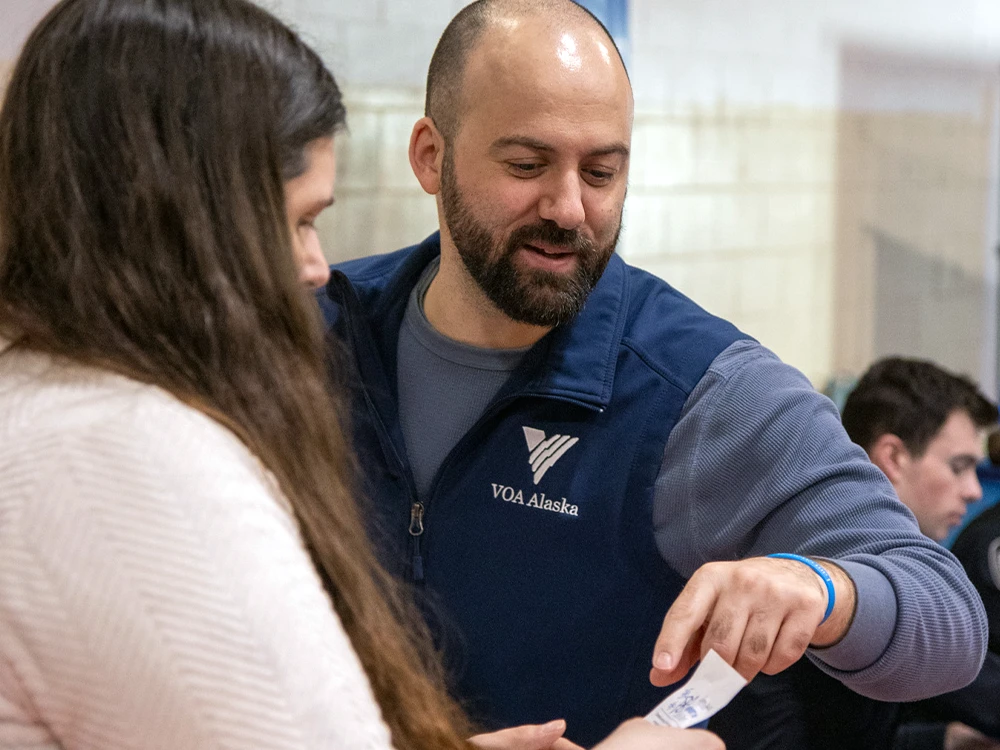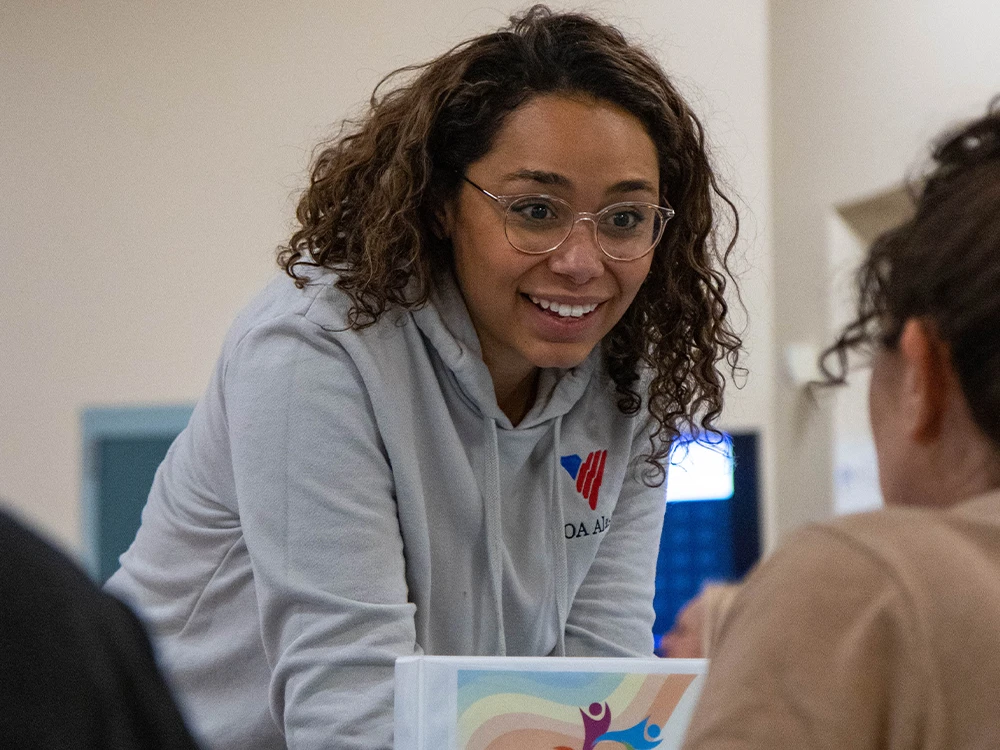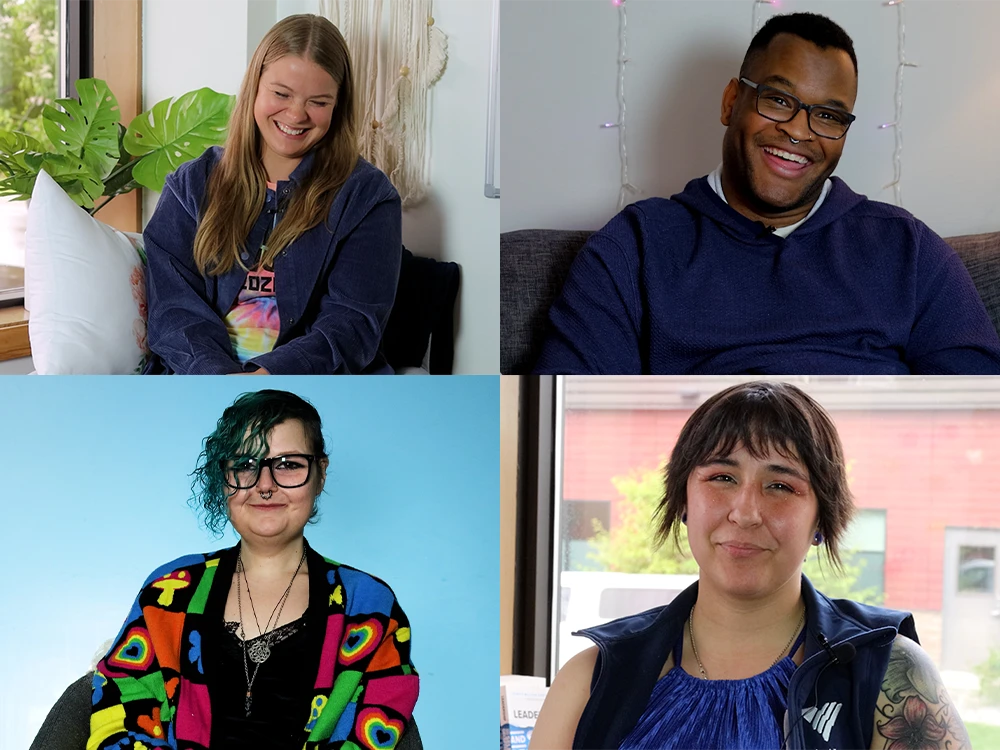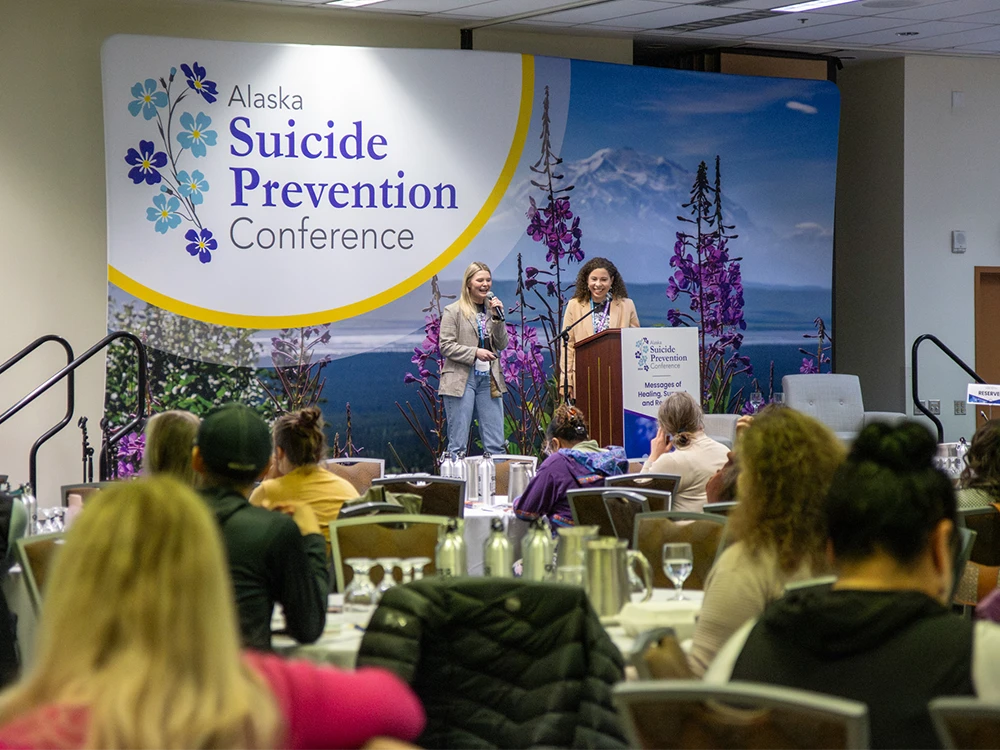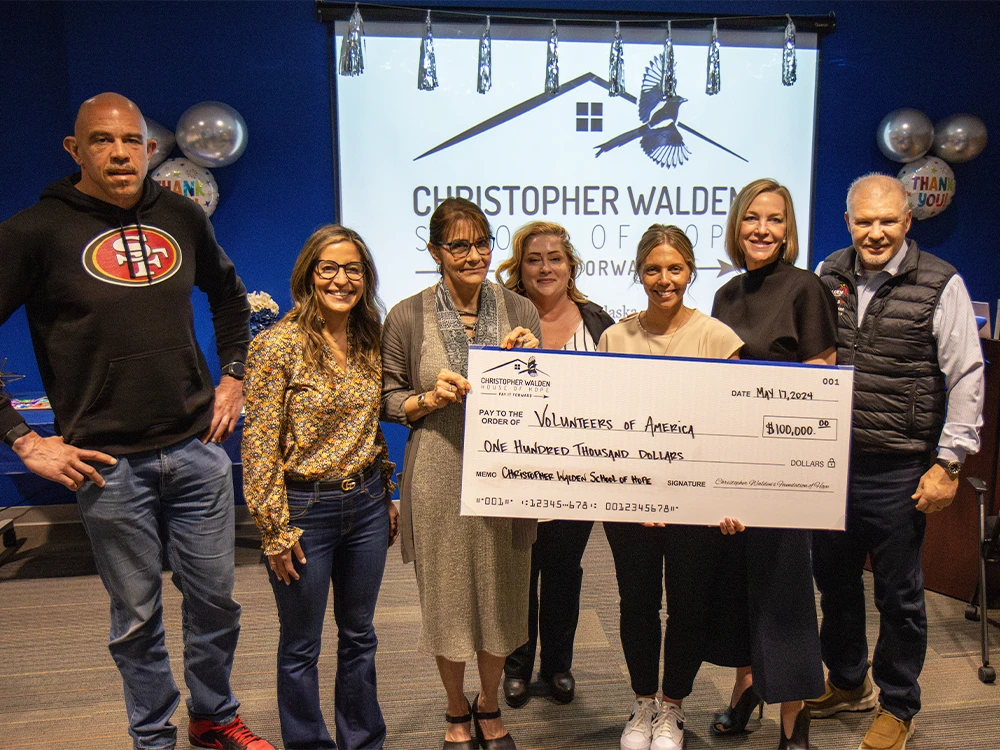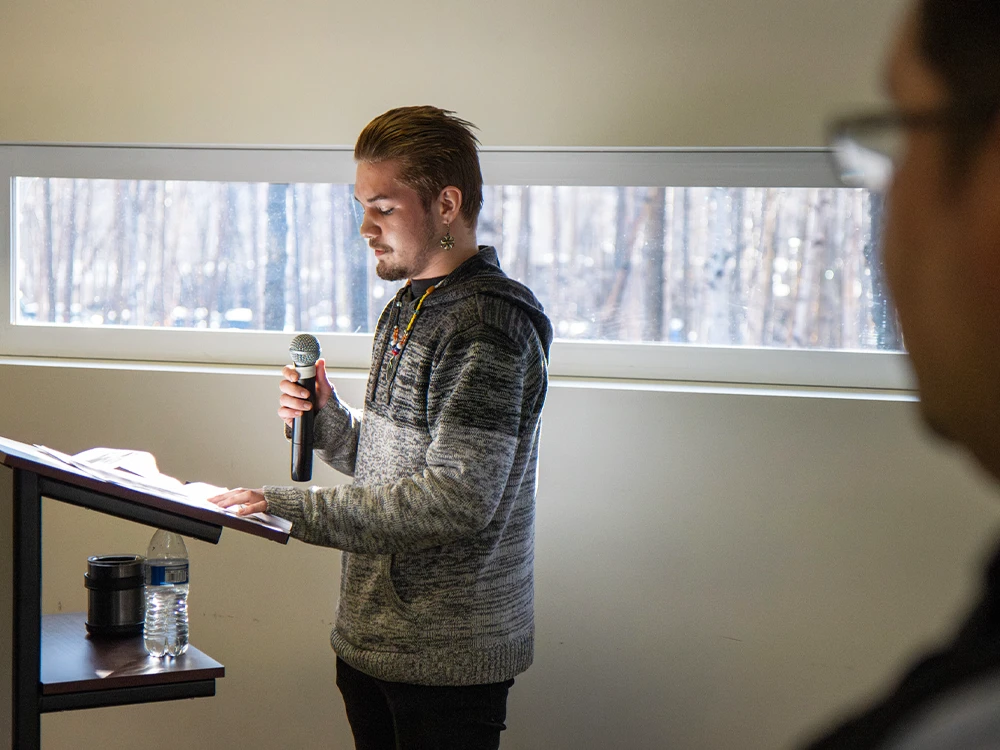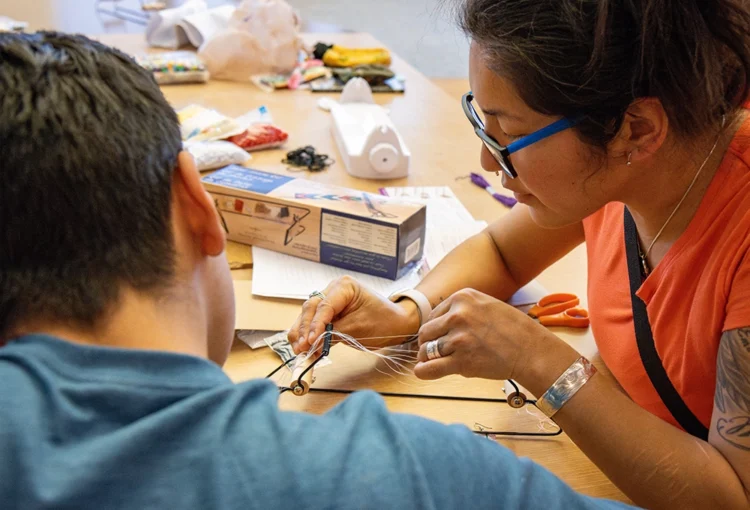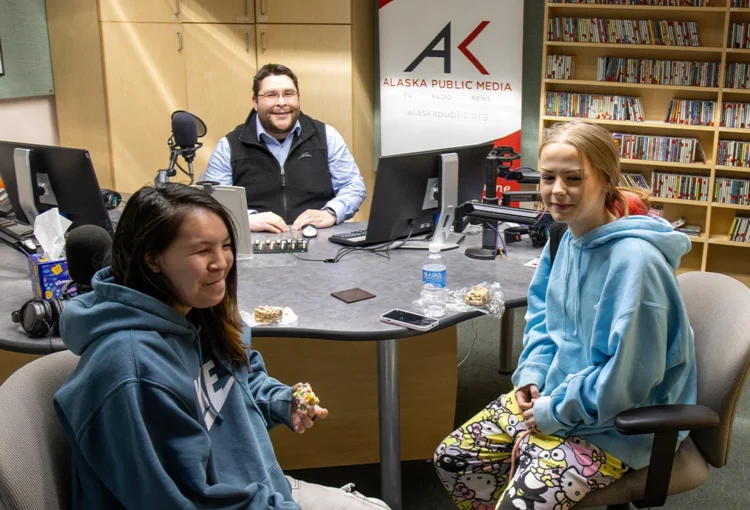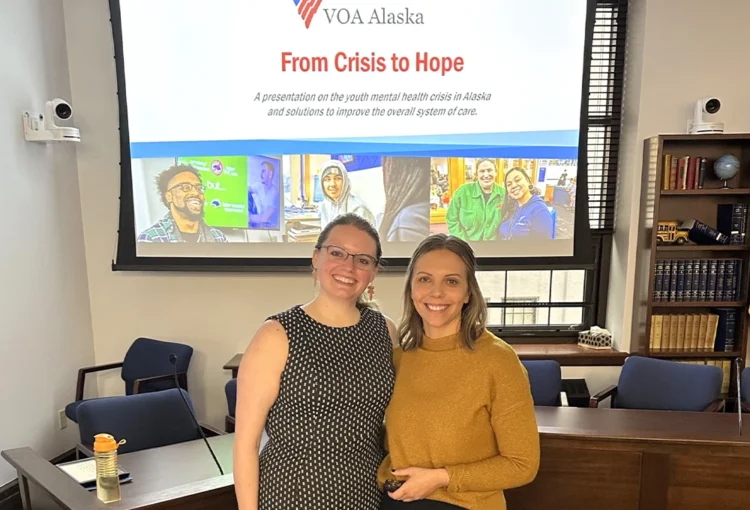April is National Child Abuse Prevention Month, a time to recognize the importance of families and communities working together to prevent child abuse and neglect. This month, we’re highlighting the Strengthening Families framework, which presents five protective factors for building healthy and strong families. In a series of blogs, we’ll be looking at each factor and sharing tips and inspiration for how to put these factors into practice.
The fourth Protective Factor is concrete support in times of need, which Strengthening Families describes as “access to concrete support and services that address a family’s needs and help minimize stress caused by challenges.” When a family feels overwhelmed or is under a heightened amount of stress, this support means they’ll have the resources available, and the knowledge to access them, to help meet their basic needs. And they’ll have people they can trust to ask for help and be open about what they are experiencing.
This factor is important for preventing child abuse because without concrete support a family will need to use their own internal resources for looking after their child’s wellbeing. Economic hardship, mental health challenges, unexpected injury or illness, the work and school schedules of caregivers and children, and more, can all be stressors for the family. As those challenges grow, stress grows, increasing the risks for children.
But families don’t need to go through these moments alone. Let me rephrase that to make it clearer: YOU ARE NOT ALONE. The quickest way to find support is by dialing 2-1-1 or by visiting alaska211.org. This free service makes it easy for people to connect to a wide variety of community, health, and human services and resources (including VOA Alaska).
You can also find resources at your child’s school, in the community, or within a church or tribal organization. Essential support may come from family and friends as well, which is why building social connections is so important.
Here at VOA Alaska, our services provide key support for youth and families. Our school-based team provides parenting and wellness education of families. The Kinship Family Program provides resources and support to caregivers of relative children. Our Family Support Coordinator provides a weekly group for parents and caregivers to find recovery and healing in a safe and supportive environment. Many of the young adults in our Supportive Housing program have children of their own, and our team works to place them in housing as quickly as possible and connect them with resources.
Recently, we worked with a family who was at a loss for how to support their child’s mental health needs. The youth and family noticed that when the student was involved in sports—regular physical activity combined with positive social connection—their mental health was in a much better position. However, due to some financial difficulties the family couldn’t afford the registration, uniform, and transportation costs. This family was able to reach out and ask for help—thereby getting access to financial assistance that could cover the costs of sports for their child.
Preventing child abuse is everyone’s responsibility. We all have a role to play in protecting the children of our community and supporting resources that help build up healthy and strong families. Check out the other blogs in the series below or learn more about our range of behavioral health and support services to see how VOA Alaska can support you and your family.
The 5 Protective Factors of Strengthening Families
Knowledge of Parenting and Child Development


